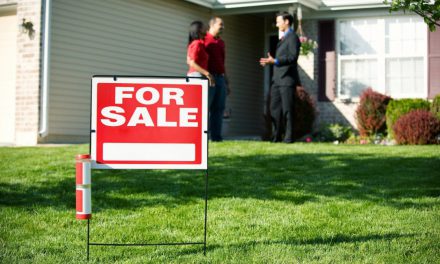In re Stijakovich-Santilli
Facts: An owner of multiple residential properties enters into Chapter 7 bankruptcy and files for a homestead exemption on the property they claim as their primary residence where they keep their personal belongings. After the deadline to file an objection to a claim of homestead exemption passes, the bankruptcy trustee presents evidence proving the property is not occupied by the owner as their primary residence. The owner acknowledges they do not live on the premises but mistakenly believed keeping personal belongings on the premises qualified the property as their primary residence at the time of the bankruptcy filing.
Claim: The trustee seeks to extend the deadline to object to a fraudulent claim of homestead exemption claiming the owner deliberately misrepresented their occupancy status of the property since they did not personally occupy the property when the bankruptcy petition was filed.
Counterclaim: The owner seeks to avoid the objection to their claim of homestead exemption, claiming they did not fraudulently assert a claim of homestead exemption since they were misinformed about declaring the property as their primary residence and no evidence of fraud existed at the time they claimed a homestead exemption.
Holding: A United States Bankruptcy Appellate court holds the trustee may object to the owner’s homestead exemption claim since evidence of fraud does not need to exist at the time the homestead exemption claim is made to be considered fraudulent and the lower Bankruptcy Court is to determine the fraudulent nature of the owner’s homestead exemption claim by applying the definition of fraud as a knowingly false representation made with the intent to deceive upon which the hearer justifiably relied. [In re Stijakovich-Santilli (December 15, 2015) __BR__]














